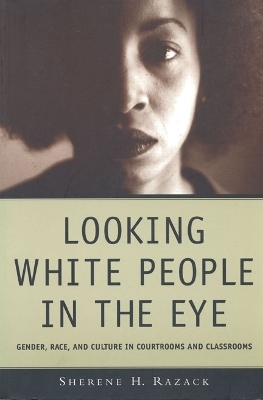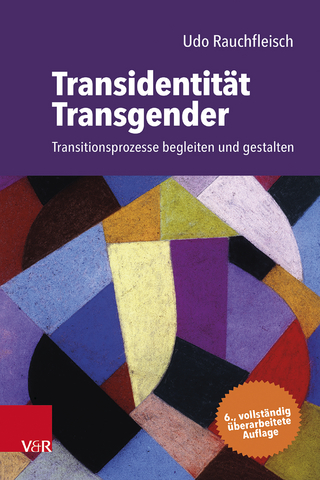
Looking White People in the Eye
Gender, Race, and Culture in Courtrooms and Classrooms
Seiten
1998
University of Toronto Press (Verlag)
978-0-8020-0928-9 (ISBN)
University of Toronto Press (Verlag)
978-0-8020-0928-9 (ISBN)
- Titel z.Zt. nicht lieferbar
- Versandkostenfrei
- Auch auf Rechnung
- Artikel merken
Examining the classroom discussion of equity issues and legal cases involving immigration and sexual violence, Razack addresses how non-white women are viewed, and how they must respond, in classrooms and courtrooms.
In this book Sherene Razack explores what happens when whites look at non-whites, and in particular at non-white women. Most studies examining this encounter between dominant and subordinate groups focus on how it occurs in films, books, and popular culture. In contrast, Razack addresses how non-white women are viewed, and how they must respond, in classrooms and courtrooms. Examining the discussion of equity issues in the classroom and immigration and sexual violence cases in the courtroom, she argues that non-white women must often present themselves as culturally different instead of oppressed. Seen as victims of their own oppressive culture who must be pitied and rescued by white men and women, non-white women cannot then be seen as subjects. This book makes clear why we must be wary of educational and legal strategies that begin with saving 'Other' women. It offers powerful arguments for why it is important to examine who are the saviours and who are the saved, and what we must do to disrupt these historical relations of power.
In this book Sherene Razack explores what happens when whites look at non-whites, and in particular at non-white women. Most studies examining this encounter between dominant and subordinate groups focus on how it occurs in films, books, and popular culture. In contrast, Razack addresses how non-white women are viewed, and how they must respond, in classrooms and courtrooms. Examining the discussion of equity issues in the classroom and immigration and sexual violence cases in the courtroom, she argues that non-white women must often present themselves as culturally different instead of oppressed. Seen as victims of their own oppressive culture who must be pitied and rescued by white men and women, non-white women cannot then be seen as subjects. This book makes clear why we must be wary of educational and legal strategies that begin with saving 'Other' women. It offers powerful arguments for why it is important to examine who are the saviours and who are the saved, and what we must do to disrupt these historical relations of power.
Sherene H. Razack is a professor in the Department of Social Justice at the Ontario Institute for Studies in Education, University of Toronto.
| Erscheint lt. Verlag | 25.4.1998 |
|---|---|
| Verlagsort | Toronto |
| Sprache | englisch |
| Maße | 159 x 235 mm |
| Gewicht | 526 g |
| Themenwelt | Geisteswissenschaften ► Psychologie ► Sexualität / Partnerschaft |
| Sozialwissenschaften ► Ethnologie | |
| Sozialwissenschaften ► Soziologie ► Gender Studies | |
| ISBN-10 | 0-8020-0928-X / 080200928X |
| ISBN-13 | 978-0-8020-0928-9 / 9780802009289 |
| Zustand | Neuware |
| Haben Sie eine Frage zum Produkt? |
Mehr entdecken
aus dem Bereich
aus dem Bereich
Transitionsprozesse begleiten und gestalten
Buch | Softcover (2024)
Vandenhoeck & Ruprecht (Verlag)
CHF 48,95
Wege aus dem Chemsex-Konsum bei MSM
Buch | Softcover (2022)
Psychiatrie Verlag
CHF 34,95
die wichtigsten Konzepte, Tools und Interventionen
Buch | Softcover (2023)
Vandenhoeck & Ruprecht (Verlag)
CHF 34,95


